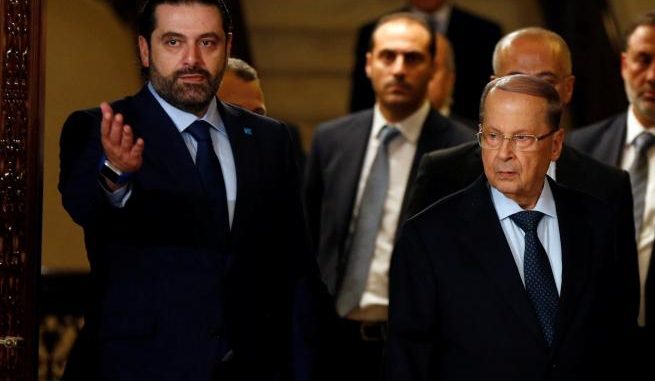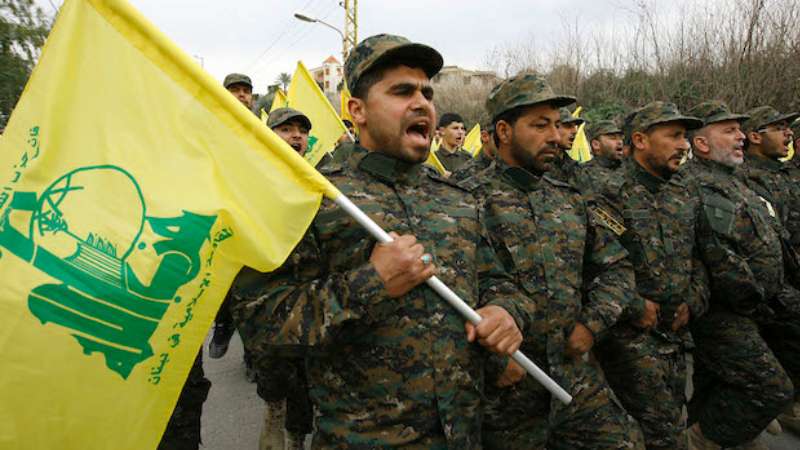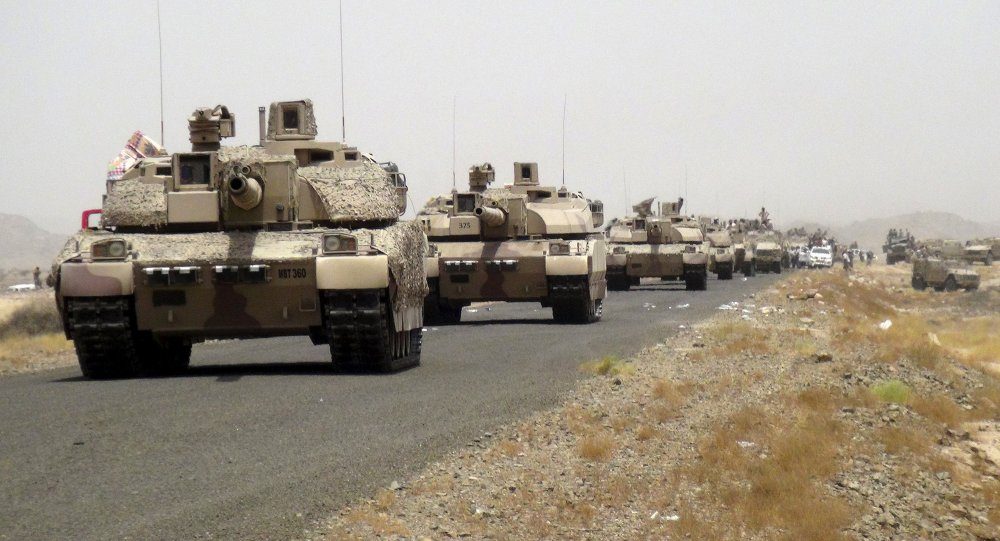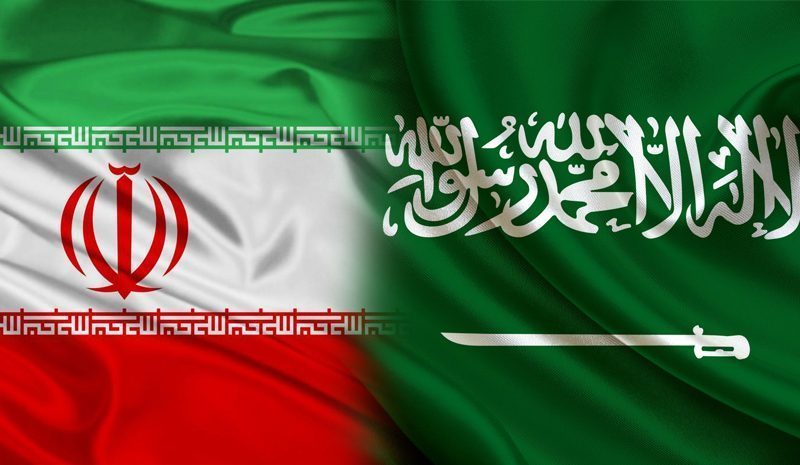
Assad regime’s expected victory in Aleppo, in which the Iranian militias played a crucial part, will increase Syrian and Iranian influence in Lebanon as Saudi Arabia retreated and Assad said Lebanon could not remain unscathed by regional conflicts.
The Assad regime forces, backed by Russian air power, Iranian ground forces and Shi’ite militia fighters from Iran, Iraq, and Lebanon, has been tightening its grip on rebel-held districts of Aleppo since the start of this year.
In a blistering, three-week offensive, Assad regime and his allies forces have seized about 80 percent of east Aleppo, a stronghold for rebel groups since 2012, and became close to winning the battle there.
Aleppo followed many regions that were strongholds for the rebels during the past years, but the Iranian intervention spearheaded by Hezbollah militia tilted the war in Asad regime’s favor, while Saudi Arabia which was the rebels’ main backer retreated exposing them and putting the country under Iran’s influence.
Now Idlib will be the next city under attack, as the last major urban stronghold for the rebels. Winning in Idlib will make Assad and Iran comfortable in Syria, to be able to turn to Lebanon and finish their occupation over its politics, according to a lead Lebanese political.
“Assad will win in Aleppo, benefiting from the fact that most of the international community has given up on the Syrian people. Then he will destroy Idlib,” said Walid Jumblatt, the main political leader of the minority Druze community in Lebanon and head of the Progressive Socialist Party (PSP).
“This means that (Assad’s) influence in Lebanon will increase, and the Iranian-Syrian grip on (Lebanon) will strengthen,” he said.
Early in the Syrian conflict, Jumblatt called for Assad to be removed from power. But he said he has no plans to mend relations with the Syrian leader. “I will not end my political life repairing a relationship with Assad … Even if the regime achieves total victory,” he said.
Iran wins and Saudi retreats
Lebanon, which suffered its own 15-year civil war, is caught up in the regional rivalry between Saudi Arabia and Iran. Iran backs Hezbollah armed movement, while Saudi Arabia supports the Sunni politicains and the both parts were struggiling against each other to control Lebanon’s politics.
Despite a 2012 declaration that Lebanon would disassociate itself from regional and international conflicts, the regional tensions have paralyzed internal decision-making and raised fears for Lebanon’s stability.
After a 2-1/2 year presidential vacuum, former army commander and Hezbollah ally Michel Aoun was elected in October, in a deal that underlines the ascendancy of the Iranian-backed Hezbollah movement and the diminished role of Saudi Arabia in the country.
Sunni leader Saad al-Hariri, whose Saudi-backed coalition opposed Hezbollah for years, was a part of the deal.
The Hariri-led alliance that struggled with Hezbollah for more than a decade, only to see the heavily armed Shi’ite group go from strength to strength in Lebanon and the wider region.
With his construction firm in Saudi Arabia in trouble because of government cuts, al-Hariri has accepted the post of prime minister under Hezbollah’s choice for president.
With Hezbollah seemingly unassailable, Lebanon has tumbled down Saudi Arabia’s list of regional priorities as it focuses on confronting Iran in Yemen, Bahrain and Syria. That has led Riyadh’s allies in Lebanon to cut new deals to preserve their interests.
“Lebanon is no longer a priority for the kingdom of Saudi Arabia, and Saudi Arabia no longer backs its allies in Lebanon, which has led to the weakening of its main ally in Lebanon – Prime Minister Hariri,” said Nabil Boumonsef, a political commentator in the Lebanese newspaper an-Nahar.
In an interview published on Thursday in Syria’s al-Watan newspaper, Assad said Aoun’s election was a victory for Lebanon and Syria, and that Lebanon could not disassociate itself from Syria.
“When the person (elected) is somebody like General Michel Aoun, who knows the danger terrorism around Lebanon poses for the Lebanese, this will also be a victory for both Lebanon and Syria,” Assad said. “Especially when the president knows Lebanon cannot remain unscathed by the fires raging around it.”



